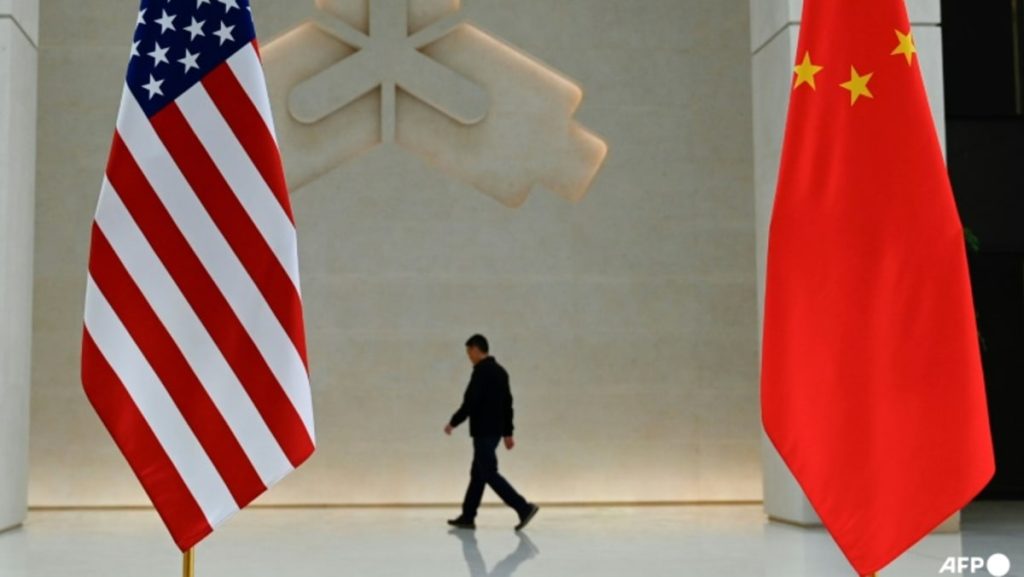Dynamics and Raytheon, according to Chinese Foreign Ministry spokesperson Geng Shuang. The announcement comes after the US State Department approved a possible sale of $2.2 billion in arms to Taiwan, including Abrams tanks and Stinger missiles. China considers Taiwan to be a renegade province and has repeatedly warned against any arms sales to the island.
The ban on entry into China and freezing of assets is a significant escalation in tensions between the US and China, who are already embroiled in a trade war and diplomatic disputes over issues such as the South China Sea and human rights. The move by China is seen as a tit-for-tat response to US actions, with both countries engaging in a series of retaliatory measures in recent months. The ban on senior executives of defence companies will likely impact their business operations in China and could further strain relations between the two countries.
The arms sales to Taiwan by the US have long been a point of contention between the two countries, with China viewing them as a violation of its sovereignty and a threat to its national security. The latest sale of Abrams tanks and Stinger missiles is part of a continued US support for Taiwan’s defence capabilities, as the island seeks to counter China’s growing military presence in the region. Taiwan, for its part, has welcomed the arms sales as a necessary measure to ensure its security amid increasing tensions with China.
The ban on senior executives of General Dynamics and Raytheon could have broader implications for other US defence companies operating in China, as the Chinese government signals its disapproval of arms sales to Taiwan. The move is also likely to add fuel to the ongoing trade war between the two countries, which has already seen tariffs imposed on billions of dollars’ worth of goods. The ban on entry into China and freezing of assets could impact the companies’ ability to do business in the country and may lead to further retaliatory measures.
The escalating tensions between the US and China pose a challenge to global security and stability, as the two countries are major players in international affairs. The arms sales to Taiwan and China’s response highlight the deep-rooted political and military tensions between the two countries, which have been exacerbated by disputes over trade, technology, and territorial claims. The ban on senior executives of defence companies is a clear signal from China that it will not tolerate what it perceives as threats to its national security and sovereignty.
In response to China’s actions, the US has reaffirmed its commitment to Taiwan’s security and sovereignty, reiterating its support for the island’s defence capabilities. The US has also called on China to cease its provocative actions and engage in dialogue to resolve disputes peacefully. The ban on senior executives of defense companies is likely to further strain relations between the two countries and could lead to additional measures in the future. The situation remains volatile, with both sides showing no signs of backing down in their respective positions.


